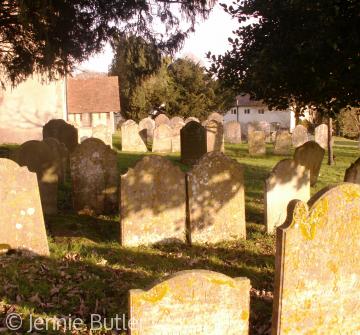Upton Grey Probate Material 1501-60

Nine wills and seven inventories survive for this period. the earliest two were written in Latin. They reflect a mixed farming community with sheep and crops on the Hampshire chalk downland. there is a wide range of wealth from Andrew Bernard, a gentleman, who employed servants and left goods valued at £30 to John Diming whose goods were valued at less than £5.
Some wills show pre Reformation Catholic practices of leaving bequests to keep lights in front of statues lit and of prayers for the soul in purgatory and bequeathing the soul to St Mary and the Holy Company of Heaven.
These transcriptions have been made from copies of original probate documents supplied by HRO and TNA. Words have been modernized and punctuation added to make reading easier but names have been transcribed as written. Words in italics indicate omissions in the original document which have been added to make sense of the text. Words in square brackets indicate that they have been transcribed as seen but where the meaning is unclear. Hampshire is frequently described by its old name of Southampton.
Links to the wills and inventories appear below.
A glossary is attached of unusual words.
- Thomas Bell, 1503 (Will)
- Agnes Mathew, 1510 (Will)
- Thomas King/Kinge, 1536 (Will)
- William Mackerell, 1550 (Will and inventory)
- Ambrose Dimming/Dymyng, blacksmith, 1550 (Will and inventory)
- John Lipscombe/Lypscum, 1557 (Will and inventory)
- Harry Sherlock, husbandman, 1557 (Will and inventory)
- Andrew Bernard, gentleman, 1559 (Will and inventory)
- John Terry/Tyrry, 1559 (Will and inventory)
- John Diming/Dymyng, blacksmith, 1559 (Inventory)
Content derived during research for new VCH Hampshire volume, Old Basing, Steventon and surrounding parishes

